Trojan Horse: 'Panel to oversee Birmingham council'
- Published
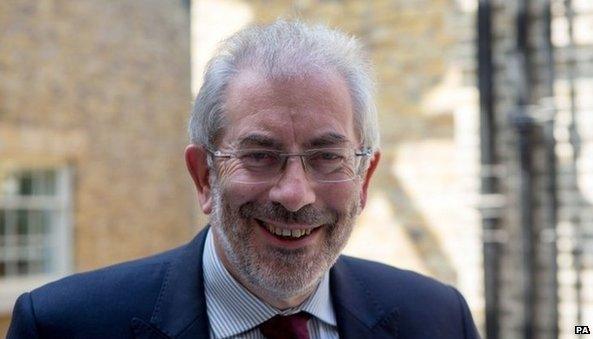
Sir Bob Kerslake said Birmingham City Council should not be broken up
An independent panel should be set up to oversee improvements at Birmingham City Council, a review has found.
The study was commissioned after a series of reports focussed on the council during an inquiry into the so-called Trojan Horse letter.
Led by Sir Bob Kerslake, the report also called for the council to review a new voting system and devolution model.
The council said it recognised and accepted the broad thrust of the document's recommendations.
The review of governance at the city council was commissioned by Communities Secretary Eric Pickles and council leader Sir Albert Bore.
It was announced at the publication of the inquiry led by Peter Clarke, the former counter-terrorism chief of the Metropolitan Police, into the Trojan Horse letter in July.
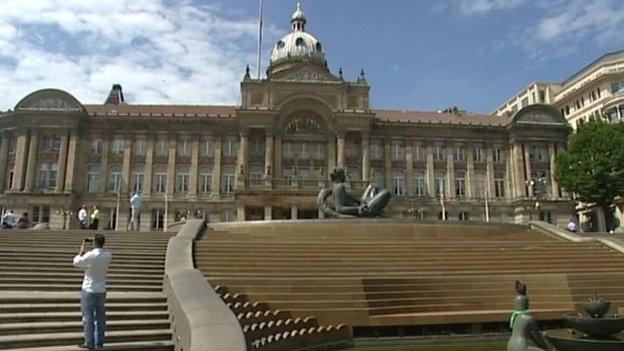
The city council says it is already working towards a number of the recommendations made
That report found evidence of a "co-ordinated" effort to introduce an "Islamic ethos" into several schools in the city.
Sir Bob's review made 11 recommendations to the Labour-run council. The first of which was that the Secretary of State should appoint an independent improvement panel to work with the council to "provide the robust challenge and support the council requires".
The council's children's services department has been in special measures since 2009 and Ofsted's Chief Inspector Sir Michael Wilshaw has suggested the local authority be split up.
The Kerslake report made clear it did not think the council is too big or should be completely broken up.
"Our view is that the council's problems are not just due to its size; many are the result of a series of poor decision over a number of years but they must be addressed," it said.
Elsewhere, the review said Birmingham should switch to an all-out voting system arguing the current set up, where a third of city councillors are voted in each year, had not helped "strategic decisions".
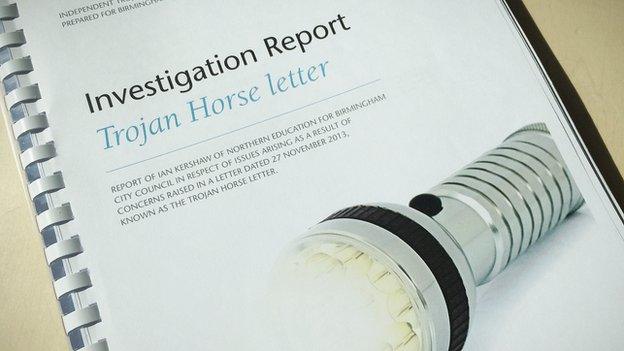
Birmingham City Council was criticised in its own report for not wanting to address "difficult issues"
The report said the size of wards meant some councillors were "struggling to connect with their communities" and suggested the council established a new model of devolution where districts had a commissioning budget to purchase extra services.
It said councillors and senior officers had "failed to take collectively the big strategic decisions needed to tackle the problems the city faces."
In other recommendations, it urged the council to produce a finance plan up to 2018-2019 and urged it to improve its human resources function, criticising it for "relying on too many expensive agency staff".

Analysis: Phil Mackie, BBC Five Live
The council says it "broadly welcomes" the Kerslake report. But it does so through gritted teeth.
Birmingham is used to being criticised, so to be told its problems "are the result of a series of poor decisions over a number of years" and to be accused of "a lack of clear vision", will take few by surprise.
The report recommends a three-tier system, which would mean devolving more powers to its wards, and allowing a regional authority more strategic powers. But Birmingham says it has already been working towards this.
What the city doesn't like is the prescriptive nature of the report. It fears the Communities Secretary, Eric Pickles, could enforce deadlines and proposals which it doesn't like, when he outlines the government's response in Parliament.
Above all, the city leadership says it really can't make many changes unless it is given more money - and public funds are in very short supply.

Sir Bob said Birmingham's economy had underperformed compared with London, Manchester, Liverpool, Leeds and Sheffield and said there needed to be changes if it was to maintain its status as Britain's second city.
"Things have to change and they have to change quickly," said Sir Bob.
Council leader Sir Albert said the council was already implementing many of the suggested changes but argued the detailed prescription of the recommendations could be a hindrance.
For example, the report welcomed the move towards a combined authority involving the Black Country and Solihull councils but Sir Albert said they were already working on a bigger partnership than that.
He said Sir Bob had got "confused" about the workings of the council in some ways and he was almost trying to "reinvent local government".
Chief Executive Mark Rogers said it felt a bit like they the script had been written for them and they had been left to "correct the grammar and spellings."
"We will take the recommendations seriously but we will want a proper discussion about the best way for Birmingham to tackle them," he said.

Report's 11 recommendations
Appoint an independent improvement panel to work with the council
Publish a progress report in December 2015
Reset governance by clearly defining roles and performance, simplifying planning framework and strengthening its corporate centre
Hold all-out elections to replace the current election by thirds
Implement a robust financial management plan
Strengthen its human resources function
Establish a new model for devolution
Create a new independent leadership group
Redefine the council's partnership approach by producing a clear statement of its values
A combined authority governance review in the West Midlands be in place by July
Create a new locally led partnership vehicle focussed on employment and skills

- Published6 March 2013
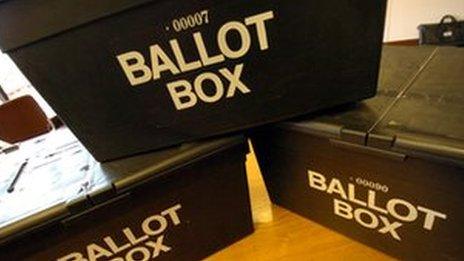
- Published22 July 2014
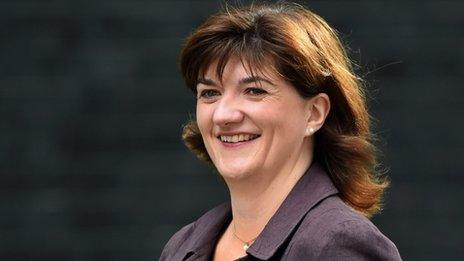
- Published18 June 2014
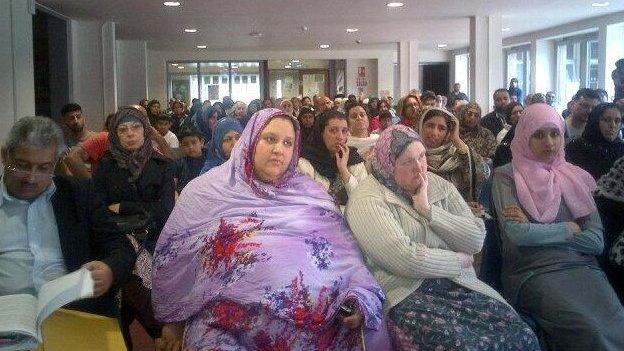
- Published4 July 2014
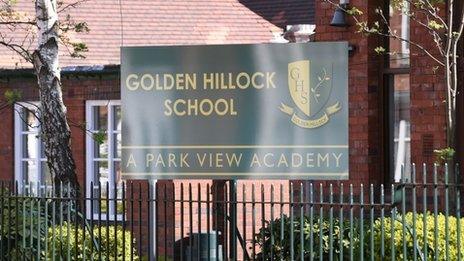
- Published11 June 2014
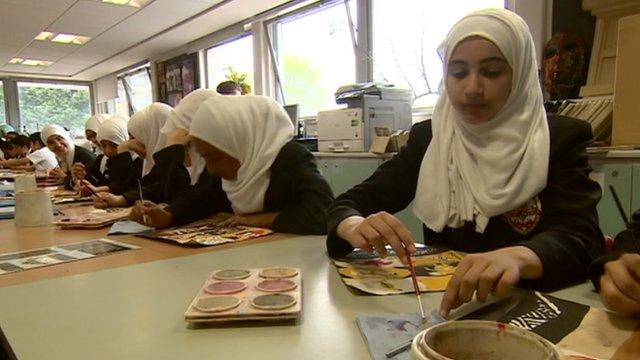
- Published16 July 2015